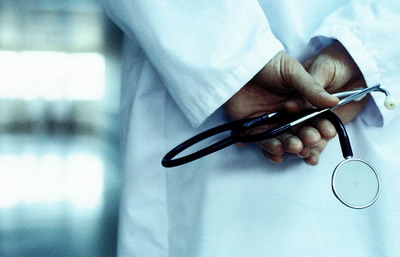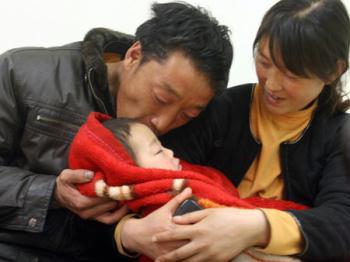[Funding] 850 mln yuan medical reform plan
- Ensure a minimum standard of healthcare for more than 90% of the population by 2011.
- Provide annual healthcare insurance of 120 yuan per person.
- Build hospitals and improve medical services at the county level and in remote areas.
[Mixed responses] Suggestions, complaints & criticisms
- Healthcare reform expert Gu Xin:"The government asked for our opinions and paid great attention before the plan was drafted."
- Peking University professor Li Ling:"People´s purchasing capacity will increase if they don´t have to worry about expensive medical fees."
4. Public health service
Gradually provide equal public health services in both rural and urban areas in the country.
[1992: Beginning] Public health service
Abolish the system, under which the government covered more than 90% of expenses.
1. Soaring medical fees
The mother took her Leukemia kid to Tianjin seeking treatment, but was about to quit treatment for her child due to the lack of money and prepared to return home in Zhangjiakou of north China´s Hebei Province. More>>
2. A lack of access to affordable medical services
The medical resources in Guizhou and the larger inner regions of China could hardly match big cities like Beijing, which is home to more than fifty Class-A hospitals. In Guizhou, there are only six such hospitals and most of them are based in Guiyang, the provincial capital. More>>





